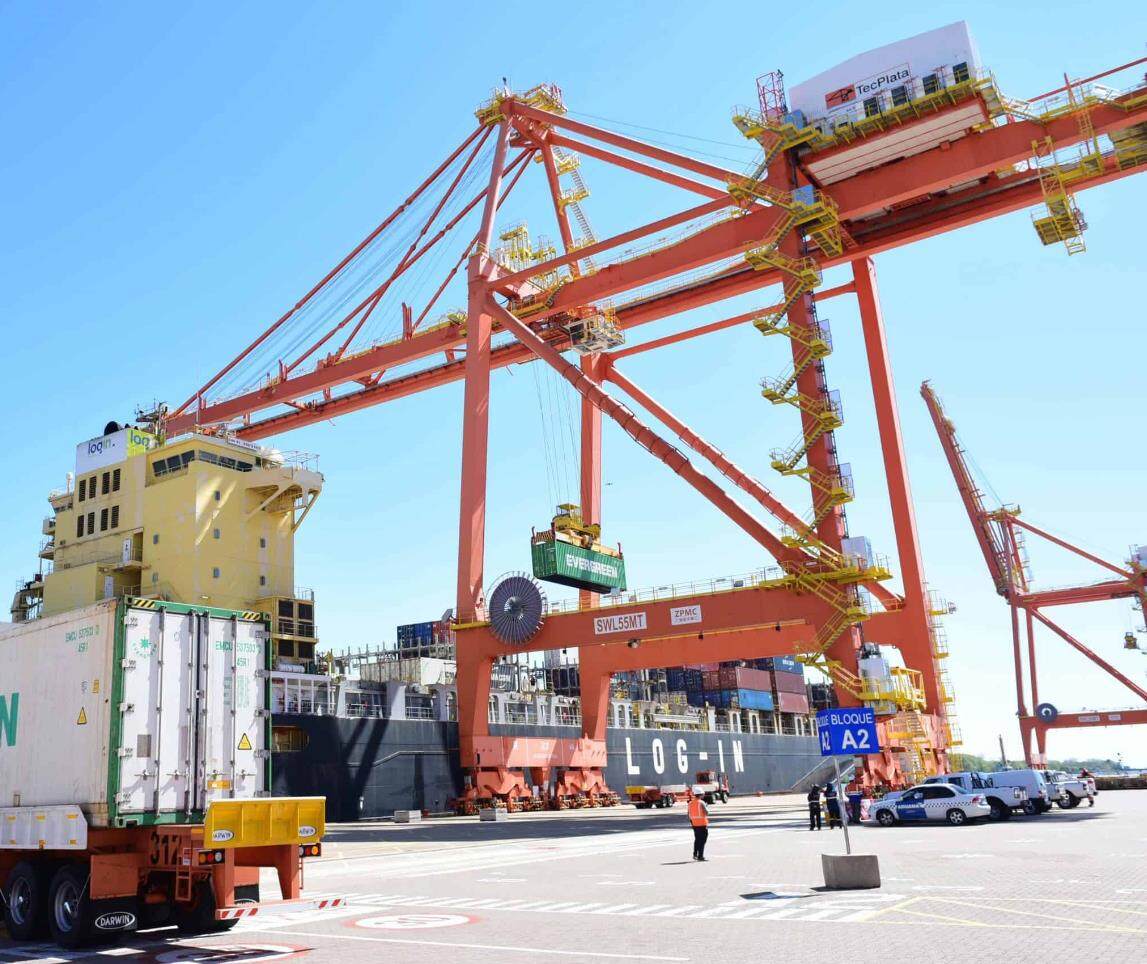- Argentina's use of RMB to settle trade in goods imported from China will undoubtedly further deepen bilateral relations
- The detachment of international trade from the US dollar has actually become an apparently irreversible trend with a solid economic foundation

Argentina agrees with China to pay for imports in yuan. This is already the second country in Mercosur to abandon the use of US dollars in trade with China. China's backing of Argentina's foreign exchange reserves has boosted confidence in Beijing as a reliable partner in Latin America.

Argentine Economy Minister Sergio Massa announced that Argentina will start paying for Chinese imports in renminbi after a meeting with Chinese Ambassador to Argentina Zou Xiaoli in Buenos Aires. The Chinese ambassador was the first to speak at the joint news conference. He assured China would continue to support Argentina in protecting its economic sovereignty and that the two sides were working on a currency swap agreement so companies could use the yuan to reduce trade costs. The Chinese ambassador also noted that the two sides are working hard and closely exchanging information and data.

Sergio Massa said that using yuan to pay for imports would help strengthen Argentina's international foreign exchange reserves, boost bilateral trade and provide it with greater flexibility. According to the Argentine minister, the central bank hopes to save $1 billion in April and $790 million in May. The minister also said that an agreement with China to pay for imports in yuan would reduce foreign exchange outflows from the budget and expand the central bank's operational capacity.
Wang Zhimin, a researcher at the National Institute of Opening-up at China University of International Business and Economics and director of the Institute of Globalization and China's Modernization, pointed out that China and Argentina have always maintained very friendly relations. The last time the Argentine president visited China, the two sides signed a series of cooperation documents. Moreover, the two countries support each other's core concerns. China supports Argentina's claim to sovereignty over the Malvinas Islands, and Argentina has repeatedly reiterated its adherence to the one-China principle. This time, the Afghan side announced the use of RMB to settle trade, which has further stabilized the economic relationship between the two countries, and the economic relationship is the ballast of the bilateral relationship. I think the use of RMB for settlement is mutually beneficial and win-win for both China and Arab states. In recent years, the international credit of the U.S. dollar and the euro has continued to decline. In particular, the U.S. has adopted a radically adjusted monetary policy to plunder the world’s wool, which has had a huge negative impact on the economies of many countries and the world. However, the renminbi has always been relatively strong and has good credit. As early as the Asian financial crisis in 1997, we insisted on not depreciating the RMB, which also played a mainstay role for the region to overcome the financial crisis. At present, the economies of China and Argentina are highly complementary. With the expansion of bilateral economic cooperation, the use of RMB for settlement will help avoid the risk of the US dollar. At the same time, this can also promote China's institutional opening and the internationalization of the RMB.
This is already the second country in Mercosur within a month to abandon the use of US dollars in settlements with China. At the end of March, China and Brazil signed a local currency trade agreement. Independent economist Mikhail Belyaev believes that this trend is mainly due to the growing toxicity of the dollar.

Settlement in domestic currency will deepen China's economic ties with Brazil and Argentina, and may establish a bilateral free trade zone with Uruguay in the future. These countries are regarded by the United States as their own political and economic backyard, but the current toxicity of the dollar forces them to withdraw from the dollar zone. The three Mercosur countries are not linked to China for short-term interests, but for long-term economic and political prospects. Their switch to the yuan has also strengthened the currency's status as an international means of payment.
The role of the renminbi as China's cross-border currency is also growing. In March, the yuan surpassed the dollar in cross-border transactions for the first time. The renminbi's share of China's cross-border payments rose from almost zero in 2010 to a record 48 percent at the end of March. The dollar’s share fell from 83% to 47% over the same period.
In January Argentina and Brazil floated the idea of creating a common currency for the region. Expert Mikhail Belyaev believes that it is beneficial to switch to the yuan in this regard. Mikhail Belyaev said that it is technically feasible and very simple to create a supranational currency for settlements in the foreign economic sphere between 2-4 or more countries. The difficulty lies in the selection of the issuer of this currency, the balancing of trade among all participants and the stability of the supranational currency exchange rate. The renminbi can replace the U.S. dollar as an intermediate currency. If Brazil and Argentina actively use the renminbi in settlements with China, the renminbi could also be used for transactions between them. The advantage of RMB settlement is that it has already played an active role in actual trading operations. There is no need to worry about the stability of the RMB exchange rate. It is easier to use the renminbi as a ready-made settlement instrument than to create a supranational currency from scratch.
In choosing currencies for mutual settlement, Brazil and Argentina can also rely on a shared vision of the future world order. Brazil's Foreign Minister Mauro Vieira said Argentina would be Brazil's candidate if the BRICS agreed to expand the format. Argentina's ambassador to Russia, Eduardo Suine, told the media that Argentina hopes to join the BRICS after the Durban meeting in August. Yet even without joining, the invitation itself is a big step in that direction. Algeria, Argentina and Iran have applied to join the BRICS. Saudi Arabia, Turkey and Egypt have announced their desire to become members of the BRICS.Editor/XingWentao
Comment
 Praise
Praise
 Collect
Collect
 Comment
Comment
 Search
Search














Write something~